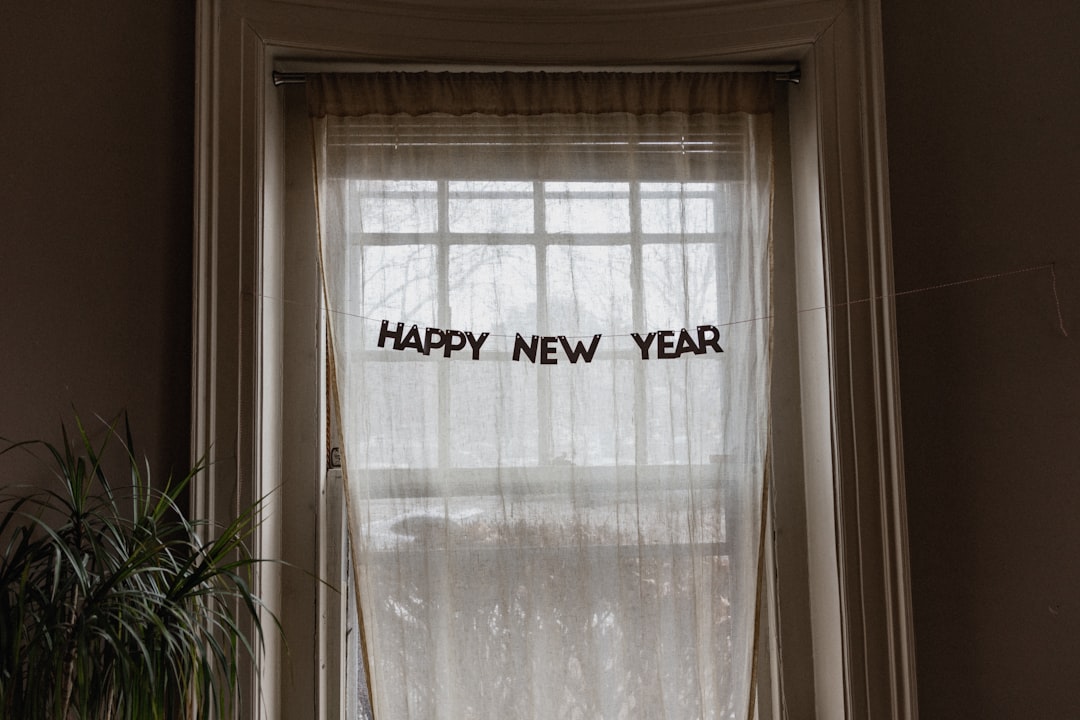Saying no to New Year’s resolutions
The root of resolutions and why we've been going about them all wrong.

I’m someone who likes the idea of New Year’s resolutions, but has never really tried to make them concrete. It’s because, as the kind of perfectionist1 who’d rather not start for fear of never achieving perfection, resolutions are just another way of setting myself up for failure.
However, in this liminal time between Christmas and the New Year (I’ve enjoyed reading everyone’s names for it - Dead Week, no man’s land of unclaimed time, Witching Week) I always spend a lot of time thinking ahead to what I’ll do better in the coming year. What do I hope to achieve? What wrong will I right? What would happen in my wildest dreams?
I either love or hate this week. I’m either kicking myself for wasting another year or, thankfully, like this year I’m patting myself on the back for the things I did well, forgiving myself for things I failed at, and dreaming up a good enough, not perfect, year ahead.
Resolutions then seem like a great idea. I’m feeling positive, I’m feeling inspired, I’m feeling ready to dismantle the patriarchy, shake off the bonds of capitalism and take up a witchy nomad life with ten cats and a goat best friend called Trevor. The world is my oyster and I am the pearl. Yet the thought of making a resolution feels like tying an anchor about my middle, or looping an albatross around my neck. A resolution is a threat of failure, looming on the horizon.
I’m trying to come to terms with failure, to accept it and see it as a learning opportunity, but that doesn’t mean it still isn’t difficult. I want to run towards failure, not away from it, and I’m planning to do just that in the New Year by giving myself some goals I’ve always been scared to set. Yet I’m thinking of how I can still be kind to myself in the process, how I can still soften the blow of failure so that I don’t reach the end of 2023 with a trail of destruction and disaster behind me. I was wondering if setting an intention, rather than a resolution, might be the way.
The root of New Year’s resolutions
It’s thought New Year’s resolutions may be as old as the Babylonians (that’s 4,000 years old or so) and they were intended as a way to pay your debts to the gods and return anything you’d borrowed. If you kept your word, the gods would bless you. If you didn’t, you’d be punished.
It was the same for the Romans who, under Julius Caesar, made sacrifices to the god of January, Janus, to promise to do better in the coming year. Early Christians too pledged the same - to atone for their sins and improve.
Whilst resolutions are now a mostly secular promise, their root in the threat of divine punishment in retaliation for failure makes me feel a little uneasy.
The root of resolution
But what about the root of the word ‘resolution’? It comes from the Latin ‘resolvere’, which in fact means to loosen or release. We might consider the words ‘resolve’ and ‘resolution’ to embody strength, determination, a willingness to try again. So why, then, do New Year’s resolutions invoke a feeling of guaranteed failure, of hard work with nothing to show for it? And why does the word resolution itself have its roots in something almost entirely different?
The root of intention
Conversely, ‘intention’ has its roots in the Latin ‘intendere’ which had varying meanings including to stretch towards a goal, to turn your attention to something or to have a purpose in mind. It sounds a little more like what New Year’s resolutions should be about without the baggage that term brings with it.
Resolutions and intentions
Perhaps it’d be better to set both a resolution and an intention ahead of 2023.
Resolution: what do you intend to release?
Intention: what purpose do you intend to hold close?
For me, it’s going to look something like this:
Resolution: I intend to release perfectionism.
Intention: I will hold the pursuit of creativity close.
I want 2023 to be a creative year. I have goals and dreams in mind, mostly around my desire to be a novelist, but sometimes I think setting yourself a SMART goal, whilst it gives you something concrete to work towards, also gives you something concrete to lose. Maybe it’s better to paint your dreams in broad strokes and hold the details lightly, to sketch them as and when you can. Or maybe it’s better to stand tall in the face of failure, to set those goals, to try, try and try again.
I think instead it’s best to take what you need, to do what works for you. Many claim their way of doing things is the optimum way, but I’m a firm believer that we’re all a little different, all wired up in new and unique combinations. In 2023, I plan to be kind to myself, and I see pursuing a creative life as a kindness, as an olive branch to my stifled creative self. I will go with the flow of the year, but I’ll also carve my own path. I will choose between the big picture and the detail when I need to, because there’s no right or wrong way to go about reaching our goals, and there’s no right route to follow on the switchback path to the summit.
Further reading
If you’re wondering about how to get comfortable with failure at the end of the year, read
’s brilliant newsletter: My Year in Failures.Look out for my upcoming post on the two types of perfectionists.



